
Technicians check gas transfer facilities in Suining, Sichuan province. )LIU CHANGSONG/FOR CHINA DAILY)
The Shenmu-Anping coal bed methane pipeline, China's longest such pipeline, was put into trial operation on Thursday, which will eventually ensure sufficient domestic gas supply, said its operator China National Offshore Oil Corp.
The pipeline will not only further boost gas supply capacity of Shanxi and Shaanxi provinces, but also better ensure natural gas supply in the Beijing-Tianjin-Hebei region. It will also enhance the company's capacity to ensure stable supplies of clean energy and contribute to the company's green and low-carbon transition, said the company, the country's largest offshore driller.
The pipeline runs from Shenmu in Shaanxi province to Anping county in Hebei province. The total length of the pipeline is approximately 623 kilometers, with a designed annual gas transmission capacity of 5 billion cubic meters, it said.
Dai Zhaohui, general manager of China United Coalbed Methane Co Ltd — a unit of CNOOC responsible for construction and operation of the pipeline — said the project has supplied more than 1.3 billion cubic meters of natural gas to regions in Shanxi and Hebei provinces after some of it was put into operation.
It is expected to provide around 500 million cubic meters of natural gas during the heating season this year to North China to further guarantee gas supply in the region, he said.
An analyst said the pipeline will effectively release the production capacity of upstream projects and help maximize the resource value of the two unconventional natural gas production bases in Qinshui Basin and the eastern edge of Ordos Basin, and provide strong support for natural gas supplies in North China.
Li Ziyue, an analyst with BloombergNEF, said coal bed methane is an important source of unconventional gas in China.
"In the first 10 months of 2022, coal bed methane output increased 9 percent year-on-year, outpacing the growth of conventional gas. Commissioning of this pipeline is expected to further ensure gas supply security in North China," Li said.
"China's efforts to step up natural gas pipeline network construction in recent years have been essential to ensuring that China's gas supply system can continue to meet the country's growing energy needs."
CNOOC said the pipeline will also be connected with liquefied natural gas terminals in Cangzhou, Hebei province, and Tianjin, as well as gas storage tanks of China Oil &Gas Pipeline Network Corp, the country's largest energy infrastructure owner — also known as PipeChina — so as to diversify gas supply in the country.









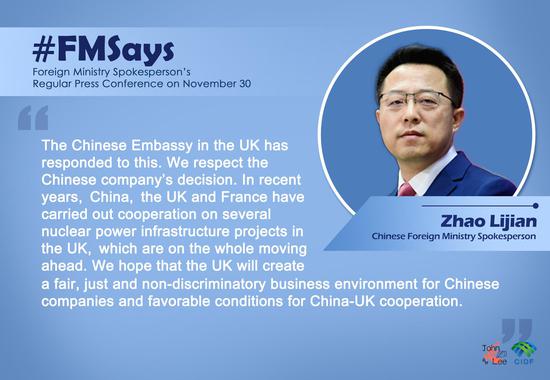
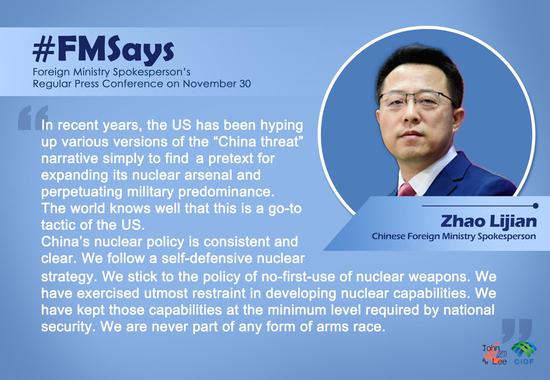







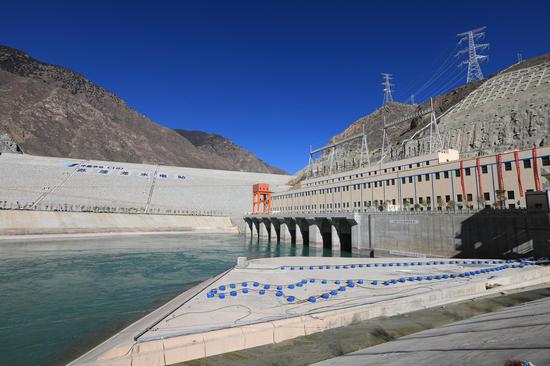




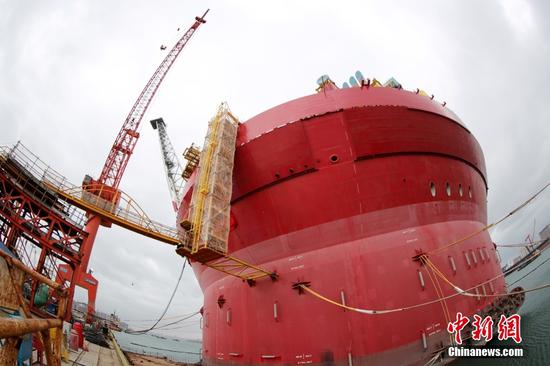













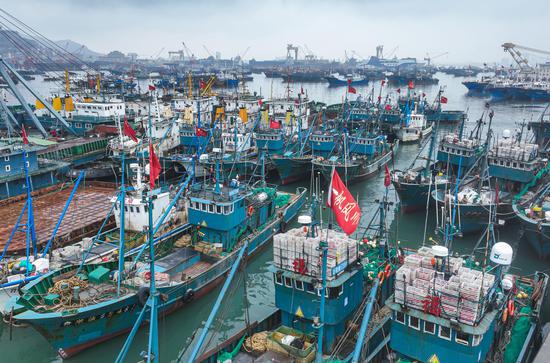












 京公网安备 11010202009201号
京公网安备 11010202009201号